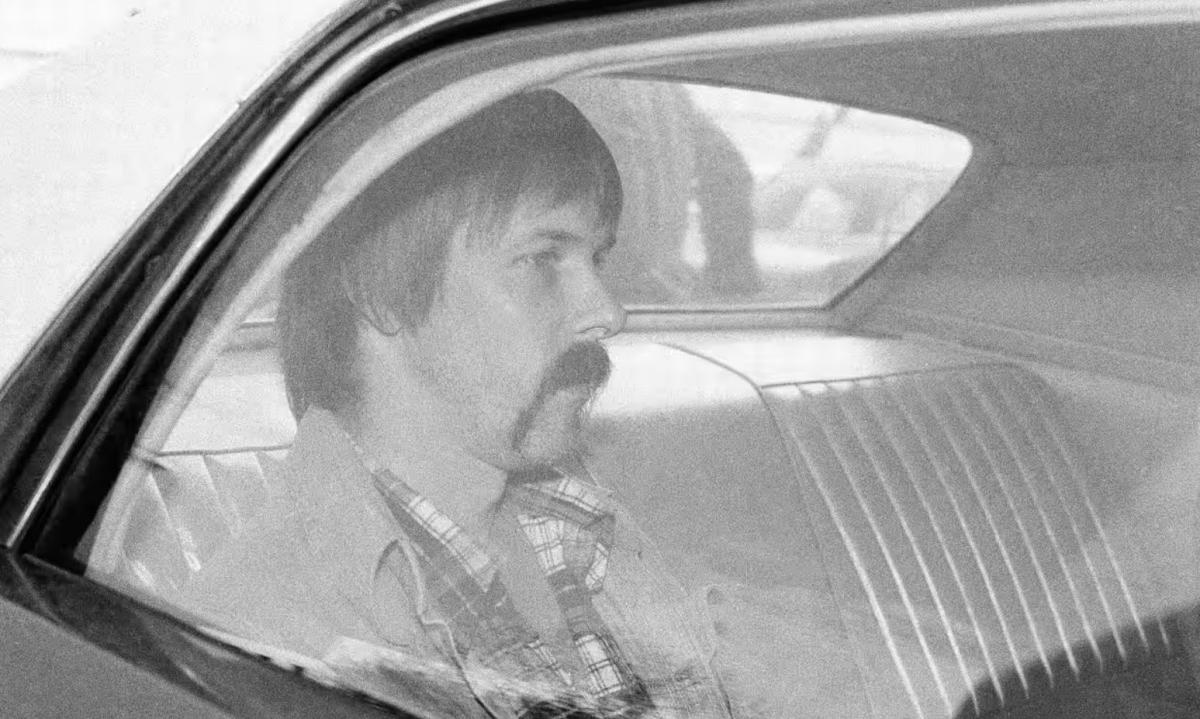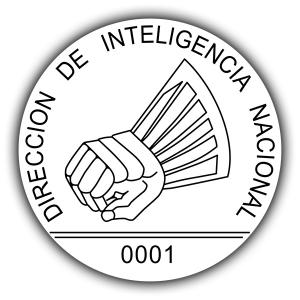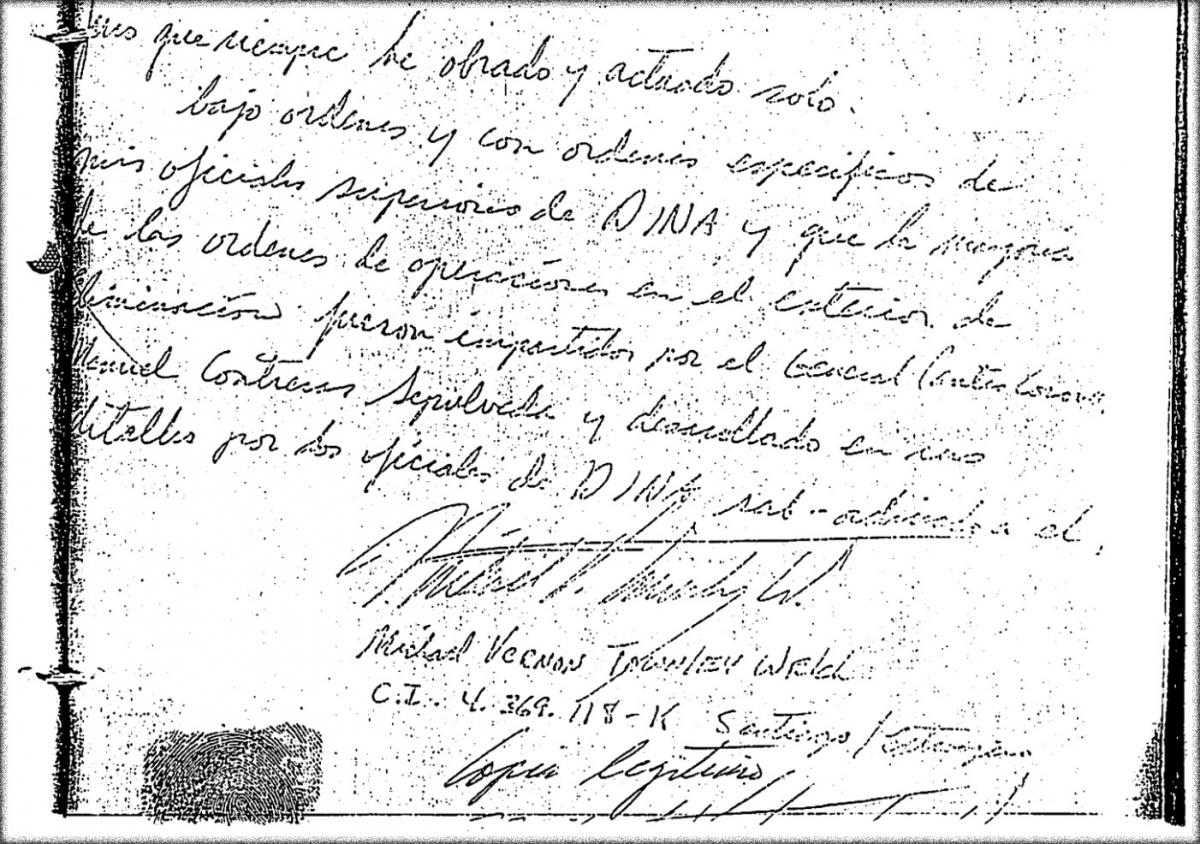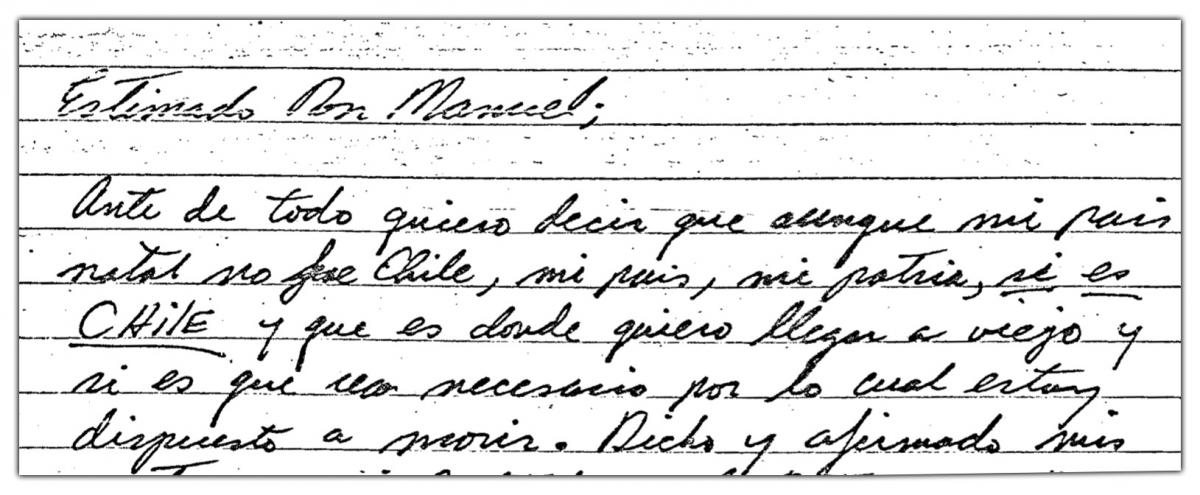Finger Pointing
PERU

Peru’s top prosecutor this week accused President Dina Boluarte of the killings of anti-government protesters earlier this year, a move that further deepens the South American country’s year-long political crisis, Le Monde reported.
Attorney General Patricia Benavides charged the president and her prime minister with first-degree murder before the nation’s congress in a procedure known as a “constitutional complaint.”
The accusations are tied to the mass demonstrations that erupted in Peru earlier this year following the impeachment and arrest of Boluarte’s predecessor, far-left President Pedro Castillo.
Castillo was ousted after he attempted to dissolve Congress and rule by decree, with Boluarte – his vice president – replacing him. Soon after his detention, thousands of Peruvians and Castillo supporters took to the streets to demand Boluarte’s resignation.
Violent clashes with security forces left at least 49 people dead. Boluarte accused criminal groups involved in illegal mining and left-wing radicals of causing the violence.
But government critics and human rights groups blamed authorities for using excessive force. Others have also accused Boluarte of taking an authoritarian stance based on her refusal to hold early elections and efforts to undermine the independence of Peru’s judicial system.
Observers noted that the constitutional complaint does not mean that Boluarte will go to trial immediately. A majority of lawmakers will determine whether the president will appear before a court and, even if they approve it, the trial will begin after she finishes her term or is ousted from office.
Still, Boluarte dismissed the charges, which came shortly after Peruvian prosecutors alleged that Benavides had led a corruption ring that dropped probes against lawmakers that appointed some of her allies to influential positions within the judicial branch.
Benavides described the corruption probe against her as a “reprisal” for her efforts to defend human rights.












